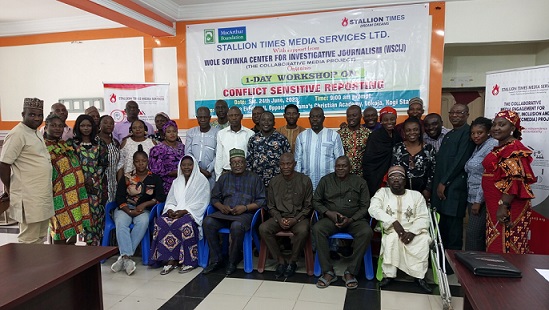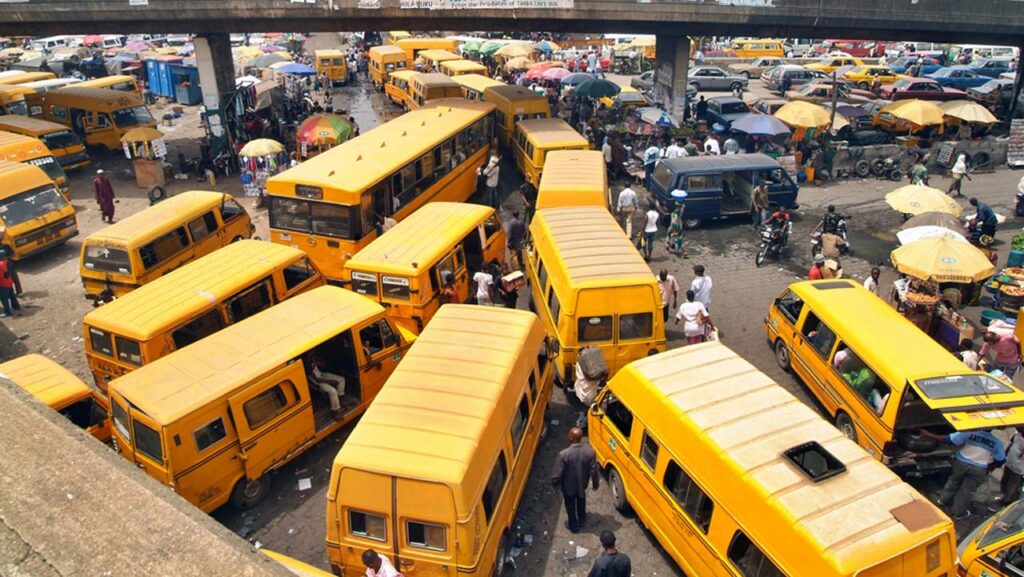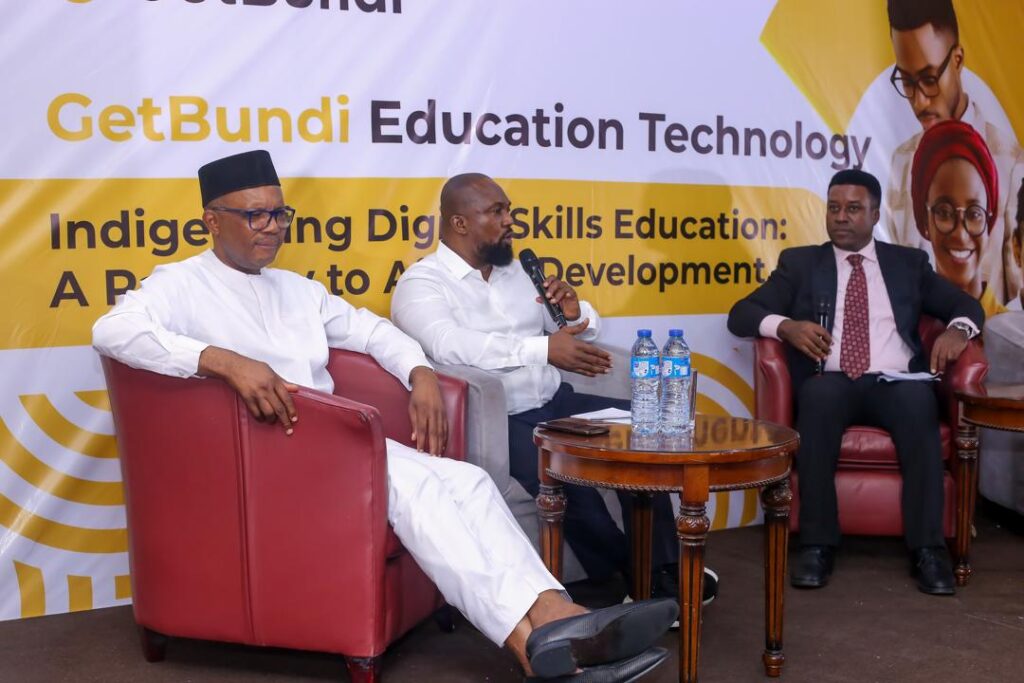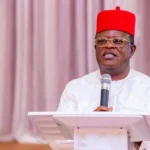Stallion Times Media Services has organised a training programme for journalists in Kogi State on conflict sensitive reporting and ethics guiding the profession.
The one-day training held during the weekend at the Modern Age Event Hall, Lokoja, Kogi State.
In a communiqué issued at the end of the workshop and signed by the Chairman, Kogi State chapter of Nigeria Union of Journalists (NUJ), Adeiza Jimoh, and Editor-in-Chief, Stallion Times Media Services, Isiyaku Ahmed, noted the training was aimed at finding lasting solution to some of the problems faced by practicing journalists.
The project was in collaboration with the Wole Soyinka Centre for Investigative Journalism, with support from the MacArthur Foundation.
Participants at the workshop called on journalists through their important roles of information, education and entertainment to create awareness and ease political and other societal tension caused by poverty, illiteracy and absence of good governance.
While believing that free, independent and pluralistic media provided a platform for debate and different opinions, participants cautioned against the media being misused for propaganda purposes, incitement to hatred and spread rumours, thereby, artificially creating tensions.
The communiqué added that journalists must first understand the issues in conflicts to be objective and not to aggravate the conflicts and as well try to identify conflicts triggers.
It added that journalists should not suppress facts, but should be mindful of choice of words in their reportage, stressing the need for them to recognise their constitutional roles in conflicts reportage.
It recommended that peace building should be the core objective of journalism reportage, saying that journalists must be mindful of their safety by adhering to usage of safety kits while covering in conflicts zones.
The communiqué further stressed the need for journalists to adhere strictly to their Code of Ethics and should not be carried away by the ‘Breaking News syndrome.’
It maintained that journalists, editors and media owners should build professional solidarity to promote ethics and good governance, saying that that journalists should in spite of threats, redouble their efforts and live up to the values and standards of the profession.
Media practitioners should expose, isolate, and eliminate all forms of incitements to intense hatred and violence, adding that media houses must provide a framework for providing healthcare and social protection for journalists, in addition, media professionals must be trained and re-trained on political, physical and social terrain in which they operate.













